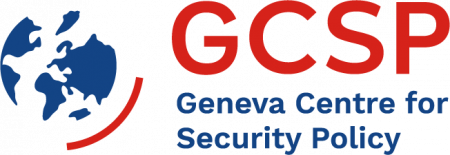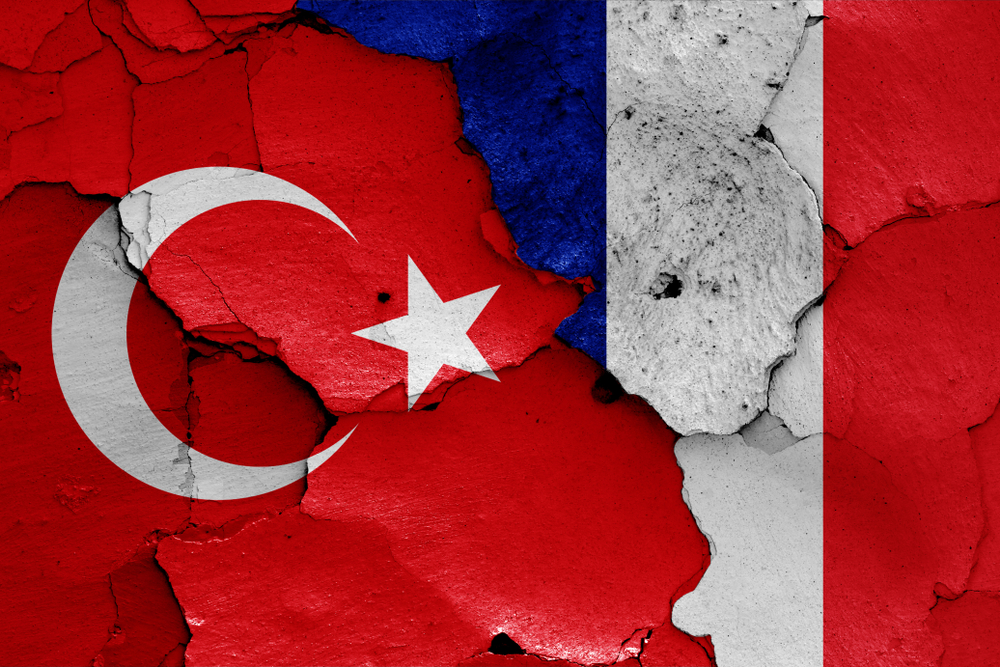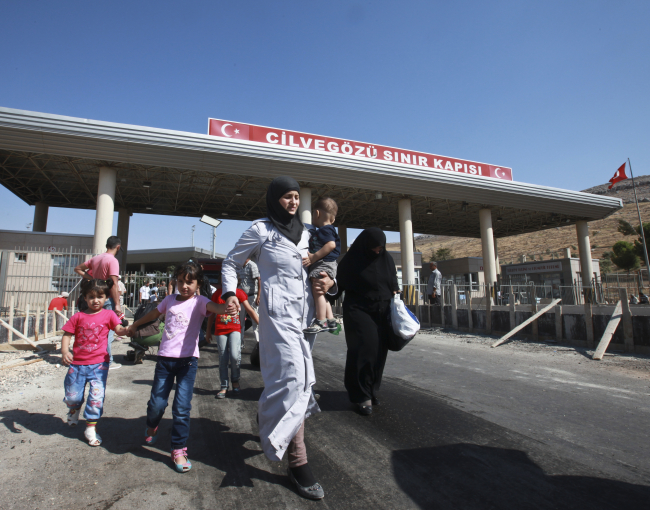Is Escalation Between France and Turkey in the Middle East and Beyond Inescapable?

In recent years, France and Turkey have been on opposing sides relating to Middle East concerns.

The countries’ disagreements over situations in Syria, Libya, the Eastern Mediterranean, and lately the Caucasus, have escalated significantly, generating fears of a proxy conflict with direct military confrontation between the two North Atlantic Treaty Organization (NATO) members. Attempting to rally widespread European support, France assertively challenges the Turkish “neo-Ottoman” ambitions; while Paris is anxious of Ankara’s acts outside of Paris’s expectations for a historically narrowly defined Turkish national interests. In the medium-term, the two countries appear to be testing each other to redefine their respective zones of influence, adapting their foreign policy objectives in the turbulent dynamics of the post-Arab Spring era. This power competition resonates domestically, as both the French and the Turkish public are receptive to the developing negative narratives of “the other.”
All rights reserved to GCSP
This content is available in English on Geneva Center of Security Policy website
This content is available in Arabic : هل التصعيد بين فرنسا وتركيا في الشرق األوسط وخارجه حتمي؟

Available in:
Regions and themes
Share
Related centers and programs
Discover our other research centers and programsFind out more
Discover all our analysesRussia, the Palestinians and Gaza: Adjustments after October 7th
The Soviet Union (USSR), and subsequently the Russian Federation as its internationally recognized legal successor, has consistently sought to play a visible role in efforts to resolve the Israeli-Palestinian conflict.
Canada’s Recognition of a Palestinian State: What Consequences on its Foreign Policy Toward Palestine?
On September 21, 2025, Canada became the 148th of 157 countries to recognize Palestine as a state. It did this with the United Kingdom (UK) and Australia, defying the United States (US) and Israeli opposition.
How to Jumpstart Economic Recovery in Syria? The role of syrian entrepreneurs in Turkey
This report examines the potential role of Syrian-partnered companies operating in Türkiye in supporting economic recovery and reconstruction efforts in Syria. Based on data collected through field research and surveys conducted by the Economic Policy Research Foundation of Türkiye (TEPAV), the report provides an overview of the business characteristics, sectoral distribution, and cross-border economic activities of Syrian entrepreneurs. The report explores how this business activity could contribute to restoring supply chains, stimulating local production, and generating employment.
Indonesia and the Palestinian Cause
During his inaugural presidential speech on October 20, 2024, Indonesia’s incumbent president, Prabowo Subianto, iterated certain principles central to the philosophical foundation of the Indonesian nation. He noted Indonesia’s longstanding foreign policy of non-alignment or “bebas dan aktif” (free and active) and its aversion to military pacts.












